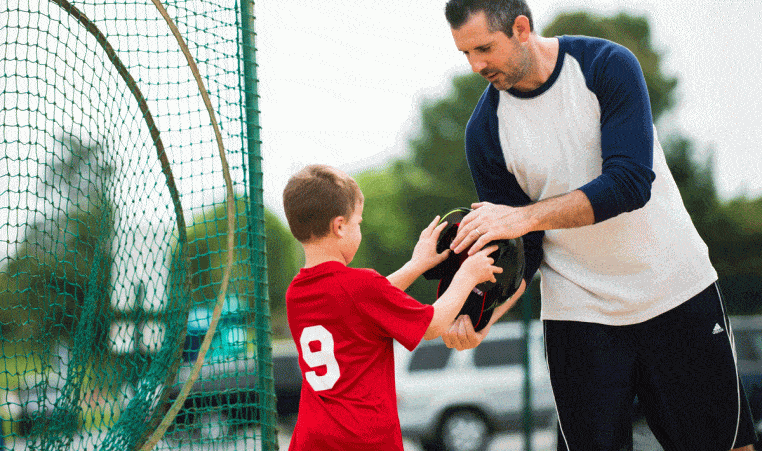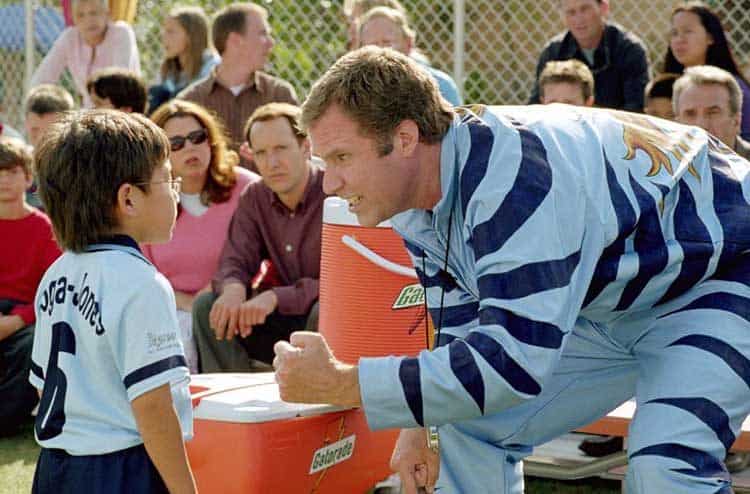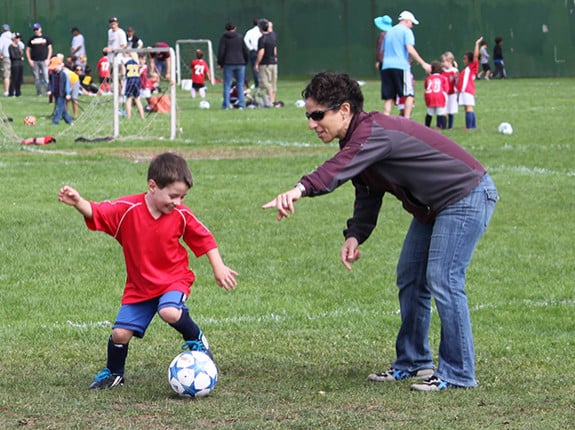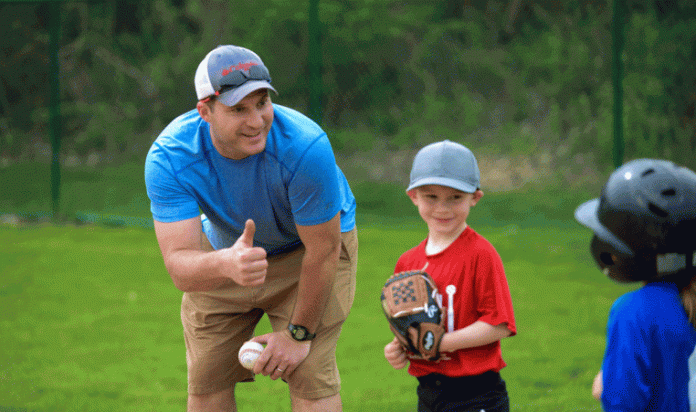It’s finally here! Little Billy is about to play in his first little league baseball game. What a range of emotions. He could hardly sleep the night before. Visions of cheering crowds and homeruns were vividly playing in his mind. It was the beginning of a dream that would ultimately lead to fame and fortune as a professional athlete.
On the way to the ball park the next morning, a hint of anxiety begins to set in. Nervousness becomes apparent as beads of sweat run down his cheeks. It’s almost game time, but he can’t hold it anymore. He barely makes it to the restroom before his morning breakfast makes a second appearance. He begins to wonder if he’ll be able to make it through the game. As he slowly makes his way back to the field, little Billy yells, “Dad, are you alright?”

It’s easy for a parent to lose perspective of whom and what is important when it comes to youth sports. We all have expectations for our children and it can be a difficult thing to put our hopes in the hands of the coaches, referees and others. We think to ourselves, “They don’t know my kid, or what’s best for them like I do”.
Unfortunately, many parents are actually hindering their children from having a positive experience without realizing it. Many parents can be found guilty of attempting to live out their own dreams and desires through their child. Some may feel they missed out on an opportunity to progress to a higher level of competition. In turn, they want to regain that chance through their child. Lots of parents are obsessed with winning and losing.
Any person who stands in the way of their child becoming a winner is seen as the spawn of Satan. On any given Saturday, at ballparks all across America, otherwise civil, mature adults can be transformed into rabid, snarling wolves fending off the attacks of evil, predatory umpires and coaches.

The first question a parent should consider is “What am I trying to accomplish by getting my child involved in a sporting activity?” Involvement in organized youth sporting activities can play a major role in the physical, social and emotional aspect of a child’s growing process. Save the pressure and structure for the high school years, or at least until your child shows the desire to progress beyond the recreational level. Many children give up too soon on sports because they feel they cannot meet their parent’s expectations.
Youth coaches also play an extremely important role in a child’s sporting experience. Some children develop athletic skills sooner than others which may lead to partiality on the part of coaches. Coaches are generally competitive people and they want to win. This makes it easy for them to get caught up in the wrong mind-set when dealing with the kids on their team. Just remember, if you ever volunteer for a youth coaching position, treat all of your team members equally and the object should be for everyone to have fun.

So, what is the parent’s role? A parent should be the number one fan of their child’s team and they should cheer for all team members. Also, cheering for the opposing team’s players should be encouraged at any youth recreational league game. This is an excellent way to develop good sportsmanship in your young athlete. Be supportive of the coaches and the officials. These people are volunteering their time for the benefit of your child.
Sure, there may be a bad call made here or there, but they have all of the children’s best interest at heart. A parent should be supportive by attending every game and practice possible. Youth sporting activities should not be a daycare alternative. Children are smart and they sense when a parent is disinterested. Children love to show off to their parents and desire their support. Whether your child’s team wins or loses, offer them consistent encouragement.
Important lessons can be learned from winning and losing and it is essential to recognize these “teachable moments” and what a great opportunity this is to encourage and motivate your child.
Youth sporting activities are a great way for your child to learn valuable life lessons. As a parent, your attitude and actions will undoubtedly be the deciding factor as to whether it is a positive or negative experience for your child. The majority of recreational youth athletes never even progress to the high school level.
Unfortunately, many times it is due to the negative experiences during the younger years. A solid sports foundation should be built around having fun on the field and enjoying the sport. Your child will let you know when they are ready to progress to the next stage. It’s up to the parent to recognize this and offer encouragement and continued support.


















